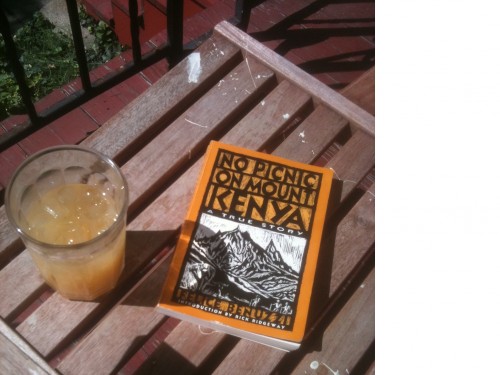Had my plans, or the jihadists’ plans, been altered just a bit, I could have been up on the WTC tower when it was struck and then fell. I would have been a tourist with my wife and infant daughter stopping in NYC on our way to visit my in-laws in Europe. We could have been part of the death roll. Had my parents rolled out of bed a few hours earlier to take our cousin on a more ambitious tour of Battery Park, they could have been on the death roll, crushed in a subway car passing under the site. I would have been getting a yearly invitation to come to NYC and mourn. How do those who actually get the invitations ever put their lives back together? I can’t imagine the yearly ritual of publicly ripping your emotional scabs off as the world watches.
I suspect that there are tens of thousands just like me. People who visited the area just a bit before or who had been planning to be there but for random chance, fortunate circumstance. Such things change you forever but nothing actually happened to you. Fate hands you the cruelest of brushback pitches and you don’t know what to do with it. It’s deadly chin music but not deadly for you. Do you step back from the batter’s box or crowd in even tighter, daring fate for a repeat? Neither attitude seems right. I claim no special insight or wisdom.
Year after year, people gear up for 9/11 memorials. They’re not for me. They shouldn’t be for me. But they could have been for me. And my heart is still unsettled every year around this time when I look at my older boy who might have been an orphan and my youngest who never would have been.
